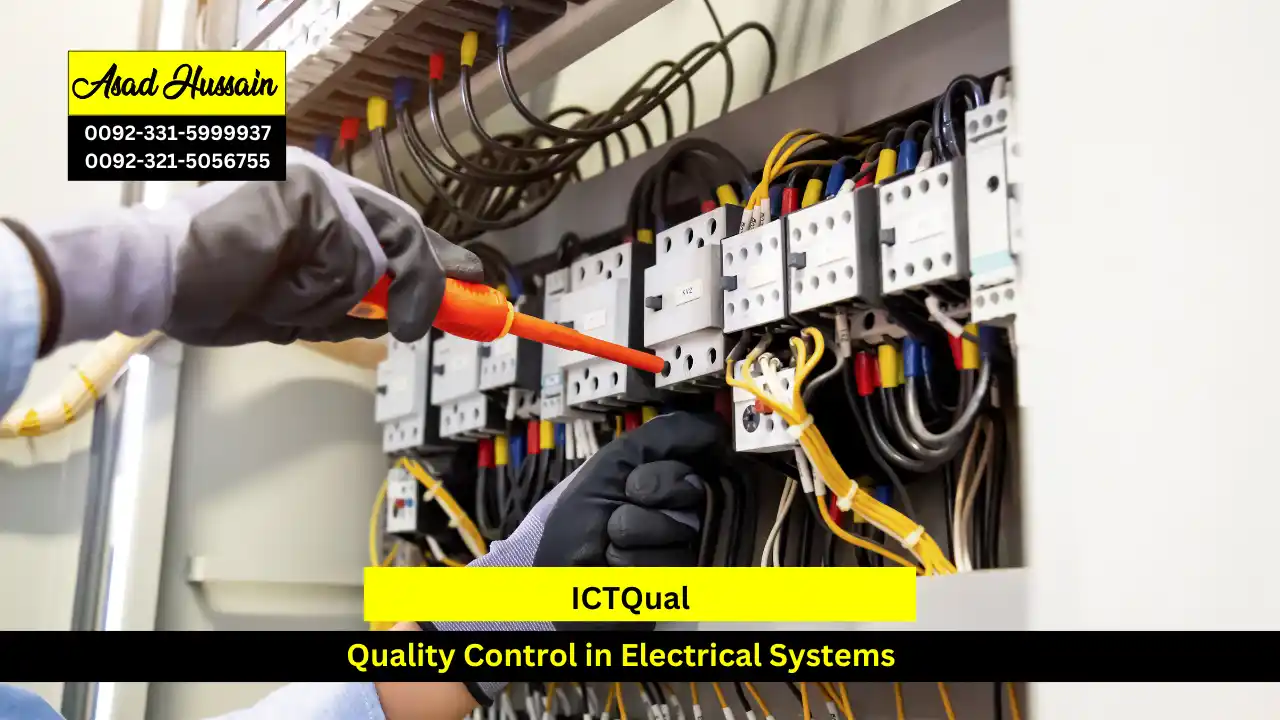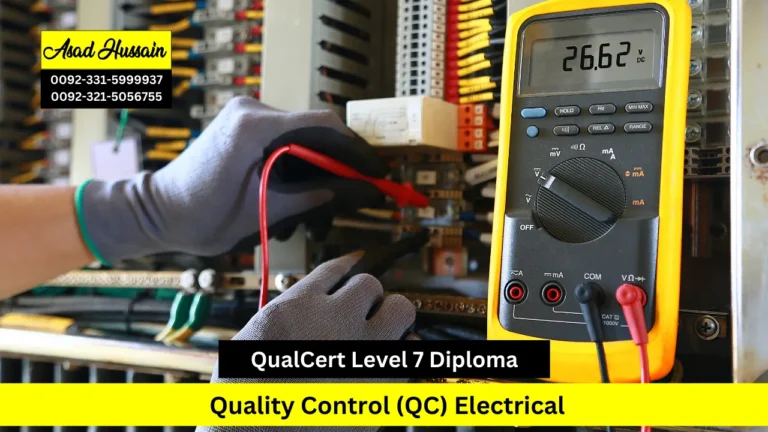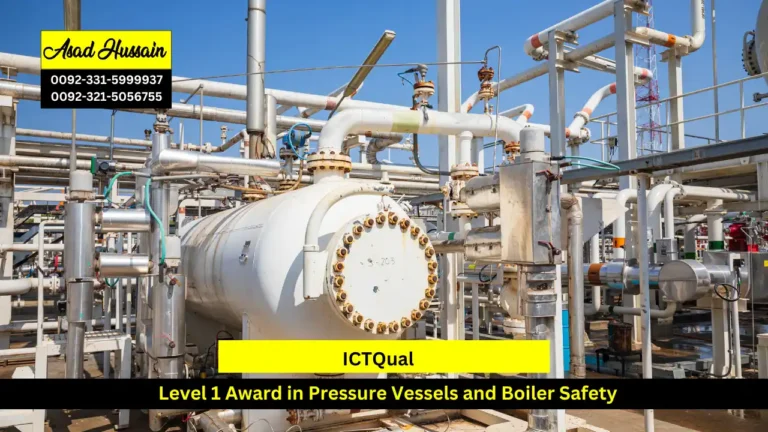In today’s fast-paced world, electrical systems are integral to the functioning of almost every industry and household. From powering up machinery in factories to providing reliable electricity for homes, the role of quality control in electrical systems cannot be overstated. Quality control (QC) ensures that electrical systems are safe, efficient, and compliant with regulatory standards. In this blog post, we will delve into the importance of quality control in electrical systems, the key processes involved, and best practices for achieving optimal results.
Quality control in electrical systems is essential for ensuring safety, efficiency, and compliance. By implementing robust quality control processes and adhering to best practices, organizations can achieve reliable and safe electrical systems that meet the highest standards. As technology advances and electrical systems become more complex, maintaining a strong focus on quality control will remain critical for the success and safety of electrical installations and operations.
Program Highlights
Mandatory Units
- Key components and activities of quality control in electrical systems
- Objectives and Process of Quality Control in Electrical Systems
- Destructive Testing (DT) and Non-Destructive Testing (NDT) in Electrical
- Quality Control Tools in Electrical
- Industry Standards Relevant To Electrical Systems
- Regulatory Compliance
- Benefits of Effective Quality Control in Electrical
- Challenges in Quality Control in Electrical
- Importance of Feedback in Quality Control Electrical
- Components and Benefits of Iterative Quality Control Processes in Electrical Systems
- A bachelor’s degree in Electrical Engineering, Electronics Engineering, or a related field is required. For those without a degree, relevant professional experience in electrical systems may be considered on a case-by-case basis.
- Fundamental understanding of electrical circuits, principles of electricity, and electrical components. Basic knowledge of quality management principles and practices. Familiarity with relevant industry standards and regulations
- Work experience is not mandatory, prior work experience in electrical engineering, quality control, or a related field will enhance the student’s understanding and application of course concepts. Experience with quality assurance processes or involvement in electrical system design, installation, or maintenance will be advantageous.
- Since the course is conducted in English, proficiency in the English language is essential to comprehend course materials, participate in discussions, and complete assessments effectively.
- Basic technical skills, including proficiency in using computers, conducting data analysis, and understanding mathematical concepts, are beneficial for successfully completing the course requirements.
Key Components and Activities of Quality Control in Electrical Systems
- Identify and describe the essential components of quality control in electrical systems.
- Explain the key activities involved in quality control, including inspection, testing, and documentation.
- Demonstrate an understanding of how these components and activities contribute to the overall quality assurance process in electrical systems.
Objectives and Process of Quality Control in Electrical Systems
- Define the primary objectives of quality control in electrical systems, including safety, efficiency, and compliance.
- Outline the step-by-step process of implementing quality control in electrical systems.
- Assess how different stages of the process contribute to achieving the objectives of quality control.
Destructive Testing (DT) and Non-Destructive Testing (NDT) in Electrical
- Differentiate between destructive testing (DT) and non-destructive testing (NDT) methods used in electrical systems.
- Describe the procedures, advantages, and limitations of DT and NDT techniques.
- Apply knowledge of DT and NDT to select appropriate testing methods based on specific quality control needs.
Quality Control Tools in Electrical
- Identify various quality control tools and instruments used in electrical systems.
- Explain how to use these tools effectively to perform inspections, tests, and measurements.
- Evaluate the impact of these tools on the accuracy and reliability of quality control processes.
Industry Standards Relevant to Electrical Systems
- List key industry standards relevant to electrical systems, such as the National Electrical Code (NEC) or International Electrotechnical Commission (IEC) standards.
- Interpret and apply these standards to ensure compliance in electrical system design, installation, and maintenance.
- Analyze the role of industry standards in maintaining high-quality electrical systems.
Regulatory Compliance
- Understand the regulatory requirements for electrical systems, including local, national, and international regulations.
- Explain how to achieve and maintain compliance with these regulations throughout the lifecycle of electrical systems.
- Identify the consequences of non-compliance and strategies for addressing compliance issues.
Benefits of Effective Quality Control in Electrical
- Articulate the benefits of implementing effective quality control in electrical systems, including enhanced safety, efficiency, and reliability.
- Provide examples of how quality control practices can lead to cost savings and improved system performance.
- Assess the overall impact of quality control on organizational and operational success.
Challenges in Quality Control in Electrical
- Identify common challenges faced in quality control for electrical systems, such as complexity, resource constraints, and evolving standards.
- Analyze potential solutions and strategies to overcome these challenges.
- Develop a plan to address specific quality control issues based on real-world scenarios.
Importance of Feedback in Quality Control Electrical
- Explain the role of feedback in the quality control process for electrical systems.
- Describe methods for collecting, analyzing, and utilizing feedback to improve quality control practices.
- Evaluate how feedback contributes to continuous improvement and system optimization.
Components and Benefits of Iterative Quality Control Processes in Electrical Systems
- Define iterative quality control processes and their components in the context of electrical systems.
- Explain the benefits of using iterative approaches for quality control, including enhanced problem-solving and adaptability.
- Apply iterative quality control principles to design and implement continuous improvement strategies for electrical systems.
This course is designed for professionals and enthusiasts involved in the electrical systems field who seek to enhance their expertise in quality control. Ideal candidates include electrical engineers, technicians, and maintenance personnel who are responsible for ensuring the safety, efficiency, and compliance of electrical systems. It is also well-suited for project managers and quality assurance specialists in industries that rely heavily on electrical infrastructure, such as manufacturing, construction, and energy sectors. Additionally, individuals aiming to enter the field of electrical quality control or those pursuing certification in quality management will find this course invaluable. By providing a thorough understanding of quality control processes and best practices, the course equips participants with the skills needed to excel in maintaining high standards and achieving operational excellence in electrical systems.







